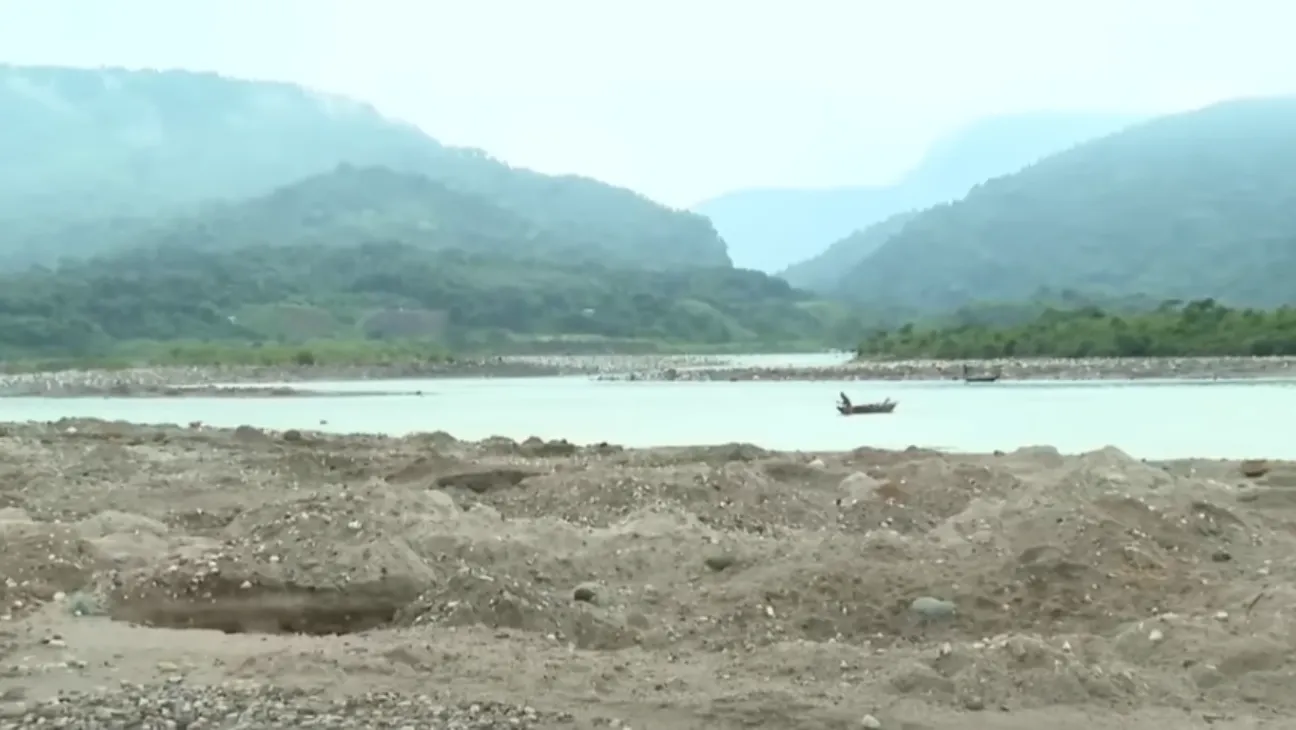The Government of Bangladesh has reassigned Companiganj Upazila Nirbahi Officer Azizunnahar after public pressure and media scrutiny linked her to persistent stone smuggling at the Sadapathor site.
The Sylhet Divisional Commissioner Khan Md Reza-Un-Nabi formally announced the relocation order in an official circular released on Thursday. Azizunnahar will assume duties at Fenchuganj Upazila, while Md Shafiqul Islam, the incumbent Fenchuganj UNO, has been directed to succeed her in Companiganj.
The decision follows weeks of combative public allegations accusing the UNO of inaction regarding the systematic pilferage of sandstone in Sadapathor and the proximate Bholaganj region. Azizunnahar has held the Companiganj portfolio since January 14, 2023, during which residents observed a dramatic accretion in quarrying, rapidly converting zones of the once-visited tourist sector into lifeless quarries.
The situation intensified when the Sylhet Deputy Commissioner Sher Mahbub Murad constituted a three-member fact-finding committee, including Azizunnahar, to examine the allegations. Instantaneous public condemnation arose, asserting that a subject of the inquiry could not legitimately occupy an evaluative role, thereby impairing the committee’s integrity in the eyes of stakeholders.
This latest managerial shift within the central administration—announced Monday—constitutes the most recent displacement precipitated by the illegal mineral-extraction controversy. The Ministry of Public Administration dismissed Deputy Commissioner Murad, assigning the portfolio to Deputy Secretary Md Sarwoer Alam. Murad completed one year in the post, yet during that interval, allegations proliferated concerning the unregulated abstraction of sand and aggregate across the Gowainghat and Companiganj upazilas.
According to residents, unauthorized stone removal commenced in the Sadapathor sector in August 2024, with initial operations conducted during nocturnal hours; contiguously, the enterprise has corroded into a 24-hour cycle. Rough local reckoning indicated that absentee extraction has reached 15 million cubic feet, generating a prospective ceiling of Tk 200 crore. The contiguous railway bunker, covering an original 10-acre footprint, has accrued scalloped depressions evidencing sustained mechanical coring.
Stakeholders in Sadapathor contend that surveillance measures have gravitated towards ritualistic raids, perfunctory in duration and effectively pre-empted by the very policing imposts invoked to disclaim complicity.
“From the outset the oversight is discretionary and sectoral, the security apparatus itself tallying to the spoilage,” articulated one mill-worker, asserting that agencies have remained exegetically inert towards statutes mandating conservation and permitting prerogative to infractors.
The Anti-Corruption Commission (ACC) recently conducted an assessment of the operation in question. Following his tour of the extraction site, Deputy Director Rafi Md Nazmus Sadat, stationed in the Sylhet regional office, observed to the press: “Heightened diligence from the district administration was an imperative, and a proactive supervisory function was warranted.” His statement underscores lingering procedural deficiencies.
The episode is symptomatic of a systemic malady affecting several Sylhet districts, where unchecked resource removal—predominantly of bed-load aggregate—proliferates under the aegis of porous regulation, occasionally compounded by intimated complicity between aggregate producers and administrative personnel.
Community stakeholders regard the latest administrative displacement as a provisional corrective and articulate doubt about the prospective efficacy of appointed successors in delivering fundamental constraint.









